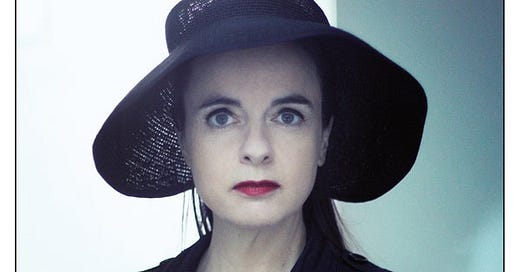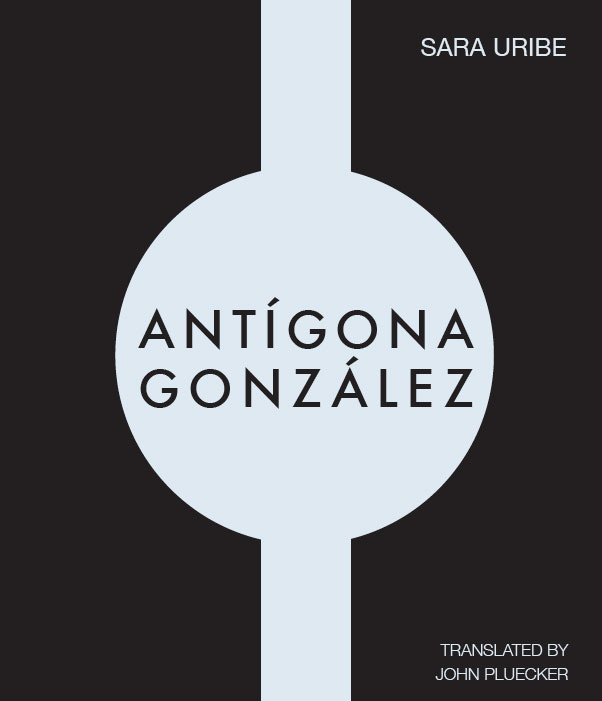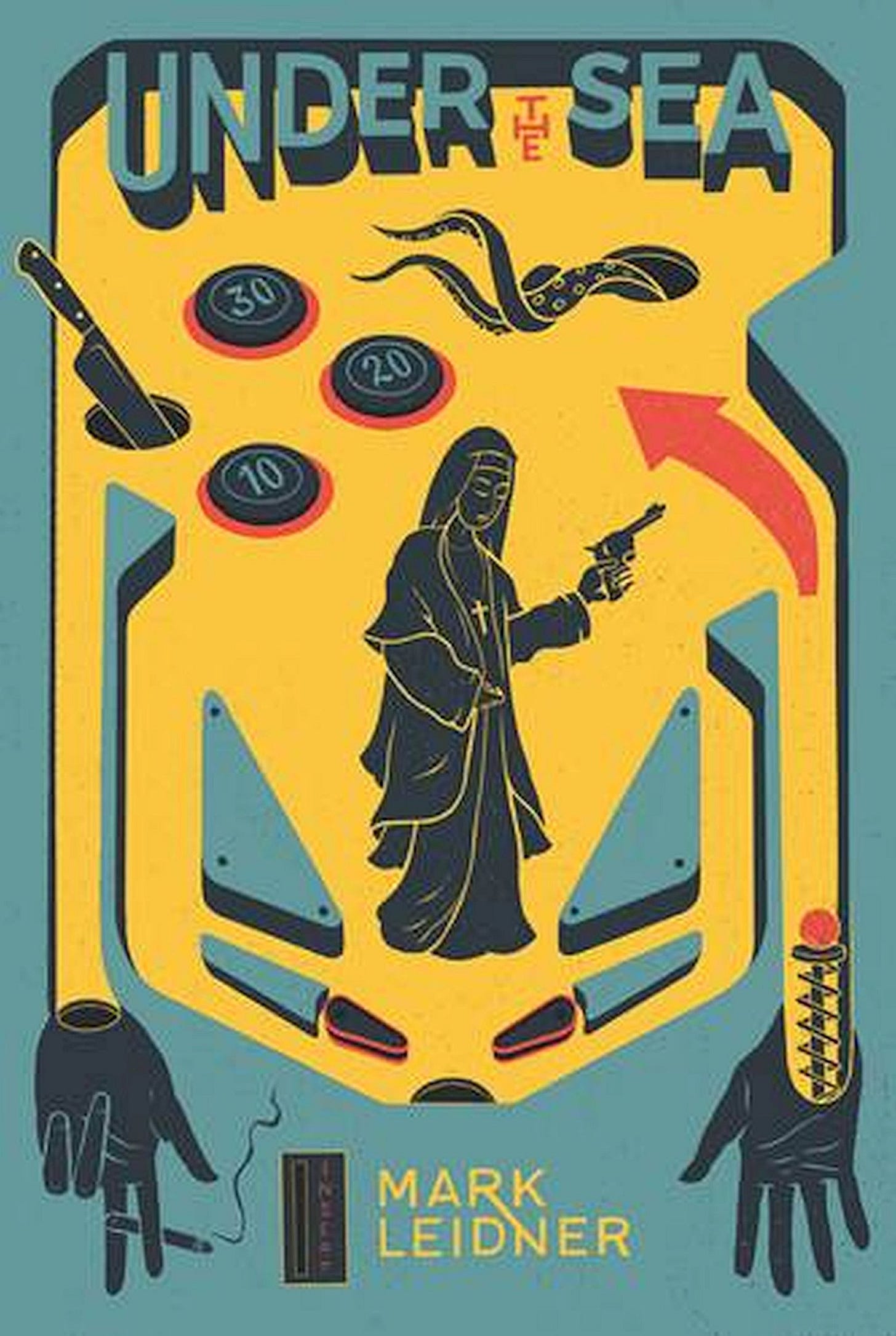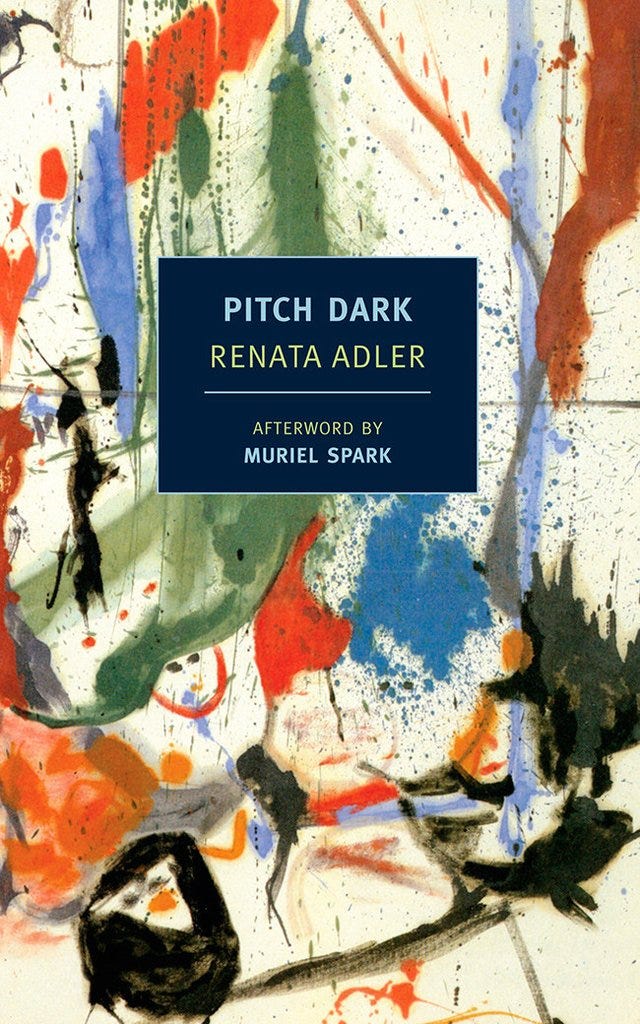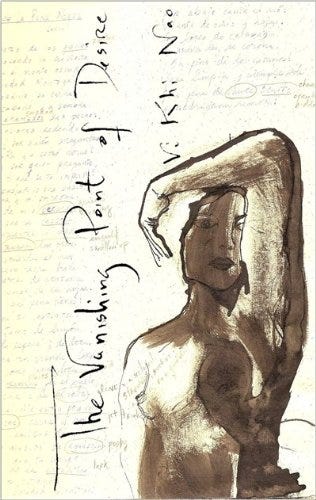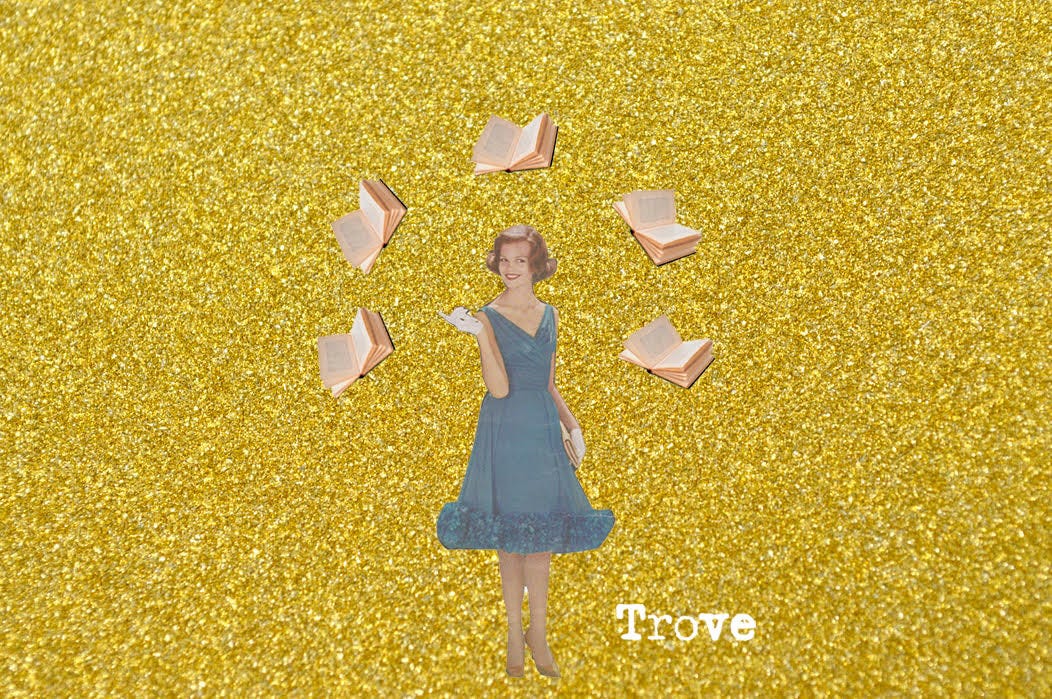As the weather gets warmer, the vaccine becomes more widely available, and businesses start opening back up, it seems as though we’re all making future plans. In Providence the cherry blossoms are unfurling in all their glory, and in Dallas Cristina is already preparing for shot girl summer—it’s a hopeful time. Our lives have changed in profound ways in the last year, and taking steps into an unknown future is equal parts exciting and unsettling. Even in our most untethered moments, there is one constant we can rely on: we can read books, and seek solace within them. Here are some books that have grounded us and reminded us of our connection to the world.
Emma & Cristina
Pétronille by Amélie Nothomb, translated by Alison Anderson (2015) | fiction, Europa Editions
"Intoxication doesn’t just happen," Nothomb discerns. "It’s an art, one that requires talent and application.” There is no other literary figure I feel such a strong kinship with as Amélie Nothomb. In Pétronille, rising literary star Amélie is determined to find a suitable drinking companion who enjoys the pleasures of fine champagne, cerebral conversation, and the aesthetics of intoxication. She meets aspiring writer Pétronille Fanto at one of her book signings and an unconventional friendship is formed. They embark on a series of erratic antics and miscommunications, and there are moments when you feel that the novel might be a superficial take on the complexities of friendship and the literary world. But Nothomb’s prose is effortless and her novels subtly entertain until the moment they slap you in the face. A literal game of Russian roulette aside, there are are aspects of Pétronille that I hope we carry into post-pandemic life: frivolous activities, good company, and even better drinks. But of course, everything in moderation, something Nothomb’s characters fail to abide by. Quod me nutrit, me destruit (what nourishes me destroys me) is more than a Marlowe quotation for the eponymous Pétronille; an experimental drug trial combined with an overindulgence in the bubbly leads to chaos for the two writers. Thankfully, I prefer prosecco to champagne. For those who like good libations, playful wit, and high-stakes, questionable friendships. —CR
Antígona González by Sara Uribe, translated by John Pluecker (2016) | poetry/hybrid, Les Figues Press
“I didn't want to be Antigone / but it happened to me.” A woman searches for her brother, or perhaps for his body. She is one of many searching for loved ones who have been disappeared amidst the war against drug trafficking in Mexico. This polyphony is mirrored through Uribe’s blend of her own words with the real testimonies of family members found in news stories, as well as with the story of Antigone, who defied the law by refusing to leave her own brother’s body behind to be desecrated by wild animals. Uribe interweaves the stories of Antígona Furiosa by Griselda Gambaro, Antígona Vélez by Leopoldo Marechal, La tumba de Antígona by María Zambrano, and Antigone’s Claim by Judith Butler. The result is a staggering, surrounding echo of so many voices through so many moments in time; a reminder that violence is everywhere, and it is up to us to name it and fight against it. We feel the hurt of this specific woman searching for her brother even as we are overwhelmed with the commonness of her story. In his moving translator’s note, John Pluecker describes the role of the translator in helping to carry the body, to share the stories and put the violence right in front of our faces until we stop ignoring it. For those who like contemporary retellings and books that emphasize connection even within desperation. —ER
Under the Sea by Mark Leidner (2018) | fiction, Tyrant Books
Last month we lost literary vanguard Giancarlo DiTrapano, founding editor and publisher of Tyrant Books. Known as an avant-garde and provocative press, their catalog is full of meticulous taste and integrity. Which leads me to Mark Leidner’s debut story collection, Under the Sea. Filled with a multitude of eclectic characters and universes, each story cleverly tackles language and narration in such a unique way that it could be expanded into its own standalone novel. In “21 Extremely Bad Breakups,” an absurd love epic is described in just over forty pages; “Bad-Asses” feels like a modern-day trailer park western, complete with stolen drugs and knife fights; and our professional fears are played out in “Lost in Translation” when a translator ruins his career and slips into a stagnant life with one ill-conceived email. No matter the subject matter, Leidner’s work is a cosmic delight to read. For those who like anti-breakup stories, renegades, and social outcasts. —CR
Pitch Dark by Renata Adler (1983) | fiction, New York Review Books
“Did I throw the most important thing perhaps, by accident, away?” Renata Adler’s Pitch Dark is at times tangential, quiet, near-boring, and at other times the most astonishing and affecting book I’ve ever read. In other words, it moves like real life. After a nine-year affair with a married man, Kate knows she needs to do something, and sets off in search of freedom, or escape, or whatever we tell ourselves we’re doing when we want to feel in control. Reflecting Kate’s spiraling inner turmoil, Pitch Dark repeats lines almost like refrains throughout the book, destabilizing any idea of progress, emotional or otherwise. Paranoia and doubt gnaw at her as she drives through Ireland and as we cycle through her meandering mind. It’s a seemingly opaque book that you’ll come to understand as you feel it settling into your bones, and when you reach the end you’ll be tempted to reread it right away. For those who couldn’t quite get into Adler’s Speedboat but crave books that defy what impactful storytelling looks like. —ER
The Vanishing Point of Desire by Vi Khi Nao (2011) | poetry/hybrid, Fugue State Press
This month’s lost treasure—a book that is out of print or otherwise difficult to find—is Vi Khi Nao’s The Vanishing Point of Desire, a meditative examination of obsession and passion presented as a lyric poem-novella. Nao’s writing is sensual, hypnotic, experimental. The first time I read this pamphlet-sized book, I sat stunned by how excruciatingly explicit the experience of desire is rendered. It’s a love story that never comes to fruition, set in a conference room at the Charles de Gaulle Airport. In what feels like a daydream, the nameless narrator takes you through their crazed mind as they long for the woman sitting across from them. “I want to—make love to you / her with the tip of my pen. Dip you and her in ink. Write on your body on her. Over and over with my thoughts. My dreams. My passion. The pen’s tongue moves like a lizard. Like a river / on the milky body. Edging on each shore with black tears, black pain, black desire.” Infatuation can be a solitary pursuit, but Vanishing proves that sometimes the real pleasure comes from the religion we create out of others. For those who love ritualistic structures, romantic abysses, and cryptic prose. —CR
